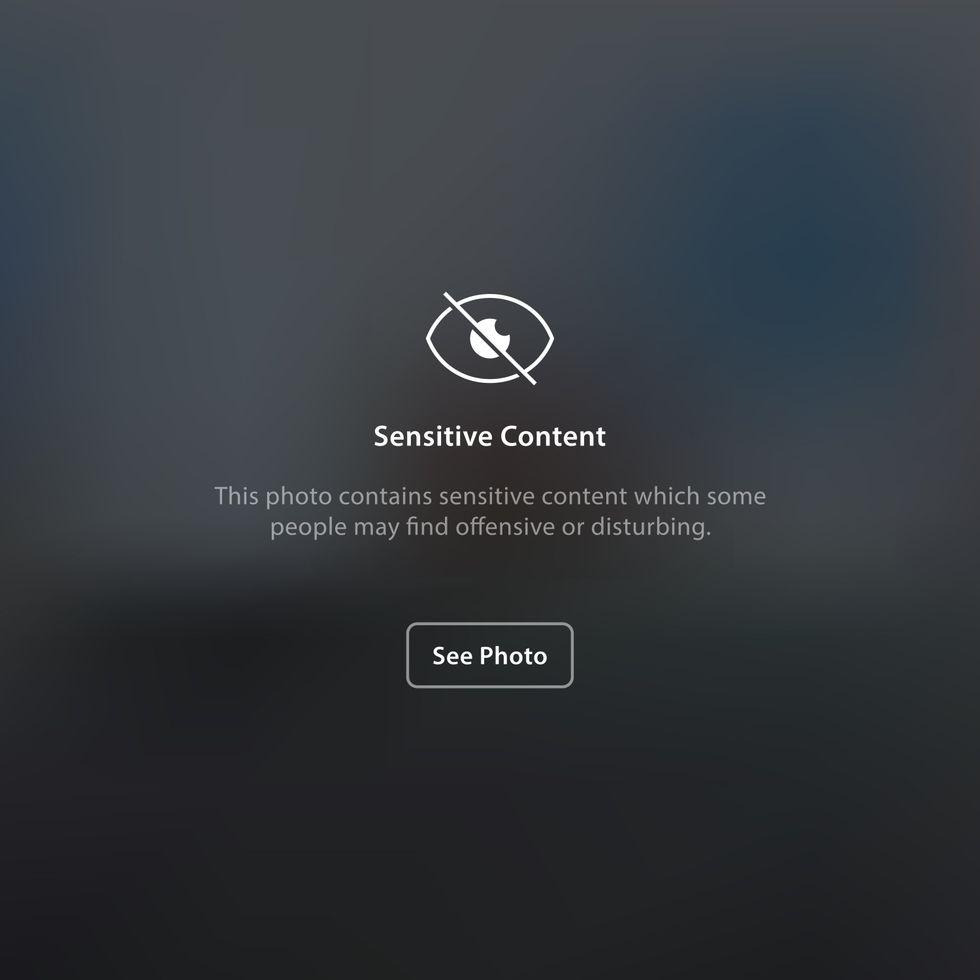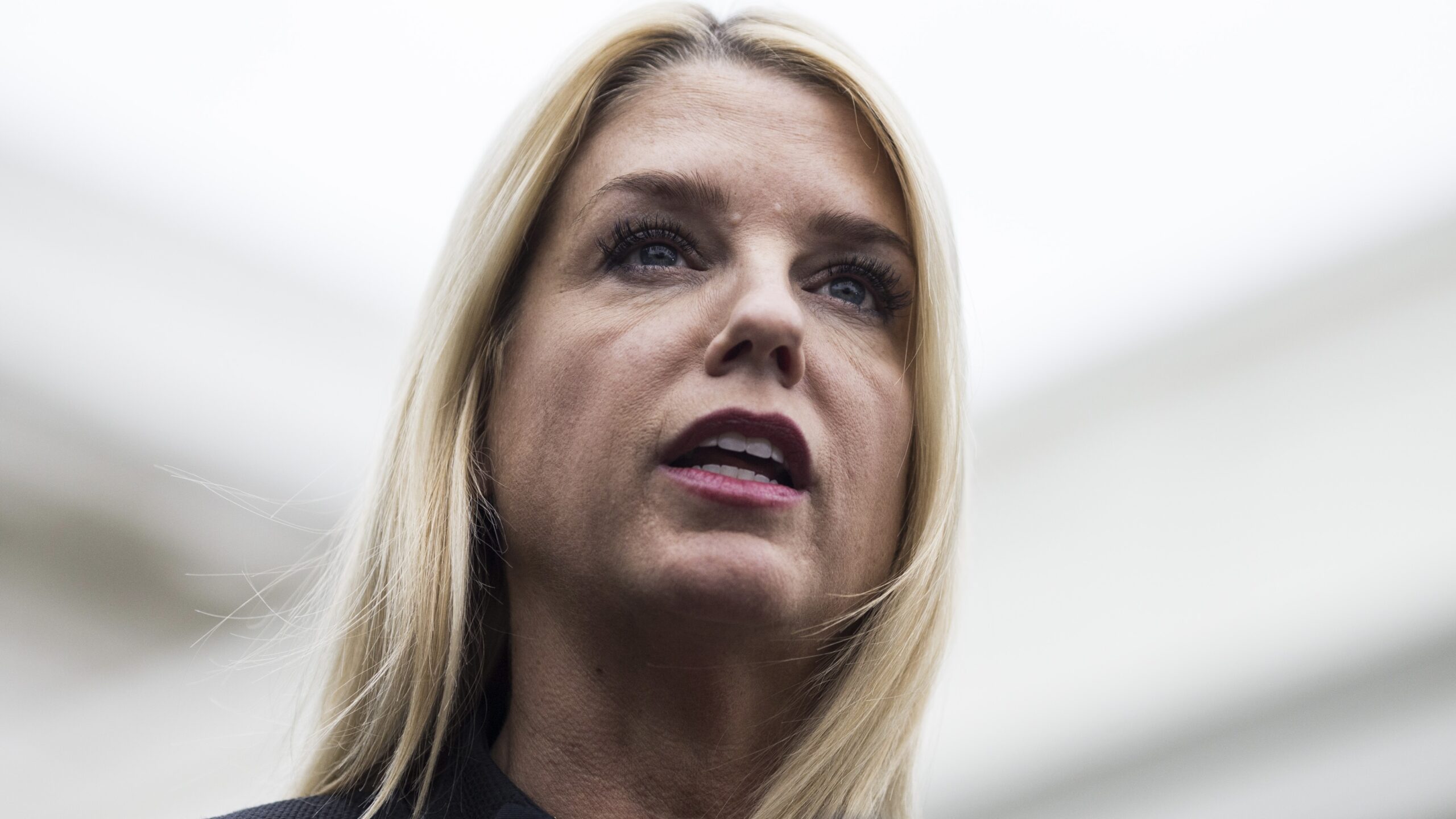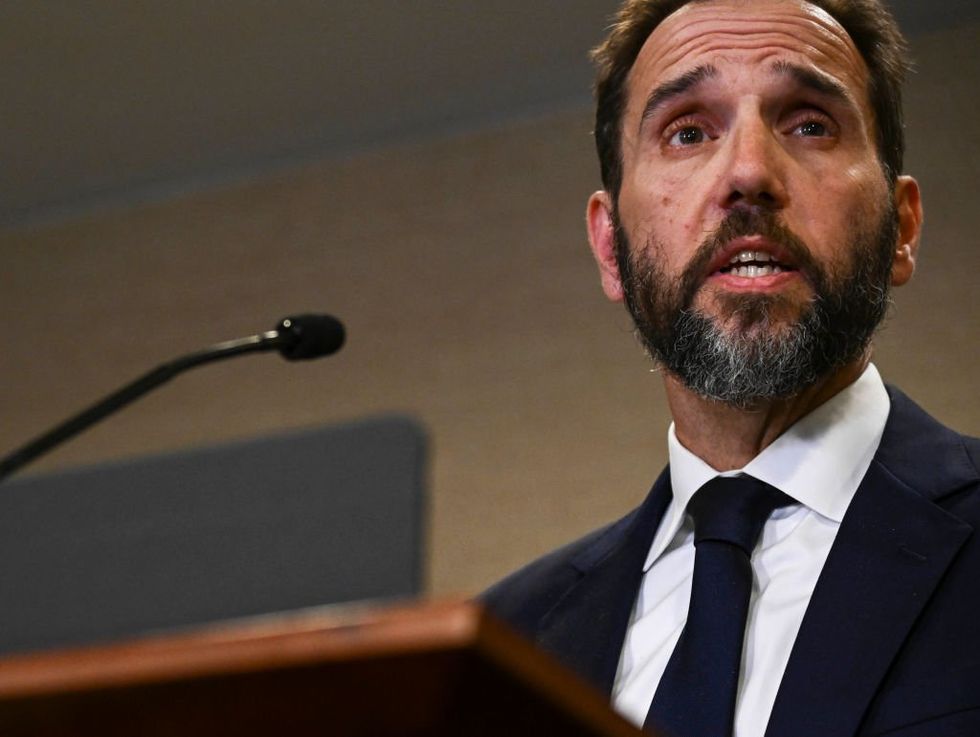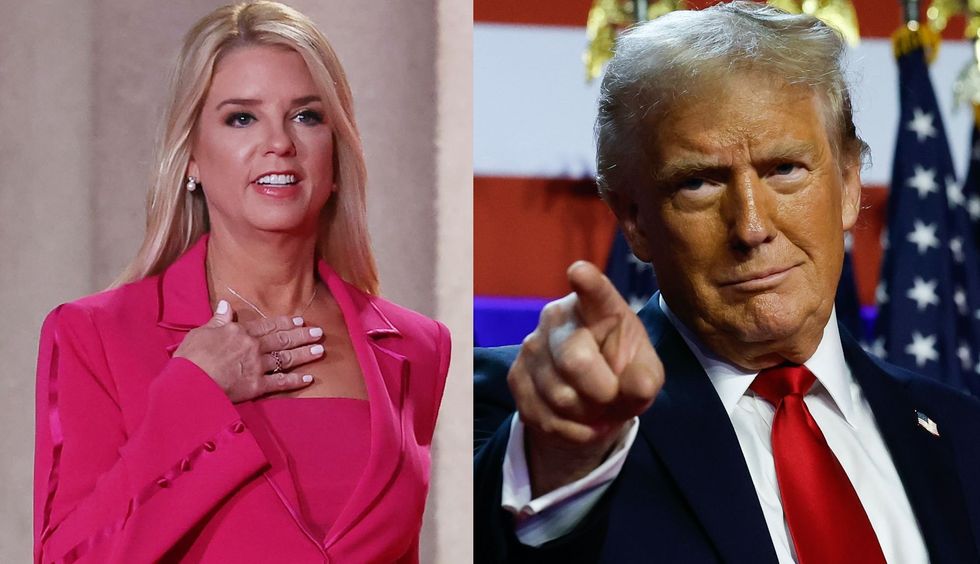Google, Gavin Newsom, and a woke university will partner on news and journalism. What could go wrong?
Last Wednesday, California’s state legislature announced a $250 million deal to partner with the big tech giant Google to fund local journalism and artificial intelligence research. In a draft summary released to Politico, the bill aims to “strengthen democracy and the future of work in an Artificial Intelligence future through a public-private partnership between Google and the state of California. Canada, France, and others have passed similar legislation to fund newsrooms in their countries, but California’s marks the first of these public-private partnerships in America. Amidst declining demand for journalists and increasing layoffs in the industry, Google will contribute $55 million and California’s taxpayers will contribute $70 million toward the University of California, Berkeley, School of Journalism’s “News Transformation Fund” to provide financial resources to local newsrooms over the course of five years. Instead of being charged for utilizing local news outlets’ content, Google acts as a quasi-investor, allowing the company to potentially advocate for its big tech agenda by shaping the direction of journalism to fit its narrative. Google will also continue to provide $10 million annual grants to newsrooms, in addition to millions more for an AI accelerator program that proponents of the legislation claim will allow journalists to use and adapt to new technologies. In a statement, California Gov. Gavin Newsom (D) wrote, “This agreement represents a major breakthrough in ensuring the survival of newsrooms and bolstering local journalism across California — leveraging substantial tech industry resources without imposing new taxes on Californians," and added that "the deal not only provides funding to support hundreds of new journalists but helps rebuild a robust and dynamic California press corps for years to come, reinforcing the vital role of journalism in our democracy." However, others worry that the current iteration gives too much power to Google and that the added funding for the AI program will do more harm than good to journalists. Lee Hepner, senior legal counsel at the American Economic Liberties Project, a nonprofit advocating for aggressive antitrust and anti-monopoly policies, threw shade at the deal, calling it a “backroom deal” that “is bad for journalists, publishers, and all Californians.” Union leaders, including leaders of the Media Guild of the West, the NewsGuild-CWA, and others also released a statement titled, “California's journalists do not consent to this shakedown” to voice their opposition to the bill since “the future of journalism should not be decided in backroom deals.” “After two years of advocacy for strong antimonopoly action to start turning around the decline of local newsrooms, we are left almost without words,” they stated. “The publishers who claim to represent our industry are celebrating an opaque deal involving taxpayer funds, a vague AI accelerator project that could very well destroy journalism jobs, and minimal financial commitments from Google to return the wealth this monopoly has stolen from our newsrooms.” Previously, Google staunchly opposed iterations of the bill and claimed that it would “put support of the news ecosystem at risk.” The original bill would have forced Google and other big tech giants to contribute a portion of their advertising revenues to local journalists and newsrooms in exchange for their content, whereas the current bill relies on a public-private partnership. Jaffer Zaidi, Google’s vice president of global news partnerships, said that the previous bill would “create a ‘link tax’ that would require Google to pay for simply connecting Californians to news articles. … If passed,” Zaidi added, the bill “may result in significant changes to the services we can offer Californians and the traffic we can provide to California publishers.” So Google decided to retaliate and temporarily blocked and blacklisted local outlets’ content from appearing in its searches, emulating its own tactics in response to similar legislation in other countries. Later, California gave up and stripped the bill of its tax and replaced it with the current public-private partnership. As a result, Google and other big tech giants cheered for the bill’s success since the current iteration essentially grants Google access to influence local news outlets’ content in exchange for some funding, further expanding the company's monopoly power. Instead of being charged for utilizing local news outlets’ content, Google acts as a quasi-investor, allowing the company to potentially advocate for its big tech agenda by shaping the direction of journalism to fit its narrative. Kent Walker, president of global affairs and chief legal officer for Alphabet, Google’s parent company, praised California lawmakers and the tech and news industry for collaborating to support local journalism. “This public-private partnership builds on our long history


Last Wednesday, California’s state legislature announced a $250 million deal to partner with the big tech giant Google to fund local journalism and artificial intelligence research. In a draft summary released to Politico, the bill aims to “strengthen democracy and the future of work in an Artificial Intelligence future through a public-private partnership between Google and the state of California. Canada, France, and others have passed similar legislation to fund newsrooms in their countries, but California’s marks the first of these public-private partnerships in America.
Amidst declining demand for journalists and increasing layoffs in the industry, Google will contribute $55 million and California’s taxpayers will contribute $70 million toward the University of California, Berkeley, School of Journalism’s “News Transformation Fund” to provide financial resources to local newsrooms over the course of five years.
Instead of being charged for utilizing local news outlets’ content, Google acts as a quasi-investor, allowing the company to potentially advocate for its big tech agenda by shaping the direction of journalism to fit its narrative.
Google will also continue to provide $10 million annual grants to newsrooms, in addition to millions more for an AI accelerator program that proponents of the legislation claim will allow journalists to use and adapt to new technologies.
In a statement, California Gov. Gavin Newsom (D) wrote, “This agreement represents a major breakthrough in ensuring the survival of newsrooms and bolstering local journalism across California — leveraging substantial tech industry resources without imposing new taxes on Californians," and added that "the deal not only provides funding to support hundreds of new journalists but helps rebuild a robust and dynamic California press corps for years to come, reinforcing the vital role of journalism in our democracy."
However, others worry that the current iteration gives too much power to Google and that the added funding for the AI program will do more harm than good to journalists.
Lee Hepner, senior legal counsel at the American Economic Liberties Project, a nonprofit advocating for aggressive antitrust and anti-monopoly policies, threw shade at the deal, calling it a “backroom deal” that “is bad for journalists, publishers, and all Californians.”
Union leaders, including leaders of the Media Guild of the West, the NewsGuild-CWA, and others also released a statement titled, “California's journalists do not consent to this shakedown” to voice their opposition to the bill since “the future of journalism should not be decided in backroom deals.”
“After two years of advocacy for strong antimonopoly action to start turning around the decline of local newsrooms, we are left almost without words,” they stated. “The publishers who claim to represent our industry are celebrating an opaque deal involving taxpayer funds, a vague AI accelerator project that could very well destroy journalism jobs, and minimal financial commitments from Google to return the wealth this monopoly has stolen from our newsrooms.”
Previously, Google staunchly opposed iterations of the bill and claimed that it would “put support of the news ecosystem at risk.” The original bill would have forced Google and other big tech giants to contribute a portion of their advertising revenues to local journalists and newsrooms in exchange for their content, whereas the current bill relies on a public-private partnership.
Jaffer Zaidi, Google’s vice president of global news partnerships, said that the previous bill would “create a ‘link tax’ that would require Google to pay for simply connecting Californians to news articles. … If passed,” Zaidi added, the bill “may result in significant changes to the services we can offer Californians and the traffic we can provide to California publishers.”
So Google decided to retaliate and temporarily blocked and blacklisted local outlets’ content from appearing in its searches, emulating its own tactics in response to similar legislation in other countries.
Later, California gave up and stripped the bill of its tax and replaced it with the current public-private partnership. As a result, Google and other big tech giants cheered for the bill’s success since the current iteration essentially grants Google access to influence local news outlets’ content in exchange for some funding, further expanding the company's monopoly power.
Instead of being charged for utilizing local news outlets’ content, Google acts as a quasi-investor, allowing the company to potentially advocate for its big tech agenda by shaping the direction of journalism to fit its narrative.
Kent Walker, president of global affairs and chief legal officer for Alphabet, Google’s parent company, praised California lawmakers and the tech and news industry for collaborating to support local journalism. “This public-private partnership builds on our long history of working with journalism and the local news ecosystem in our home state, while developing a national center of excellence on AI policy,” Walker said.
Similarly, Jason Kwon, chief strategy officer for OpenAI, stated, “A strong press is a key pillar of democracy, and [OpenAI] is proud to be part of this partnership to utilize AI in support of local journalism across America.”
Originally Published at Daily Wire, World Net Daily, or The Blaze
What's Your Reaction?
































































































